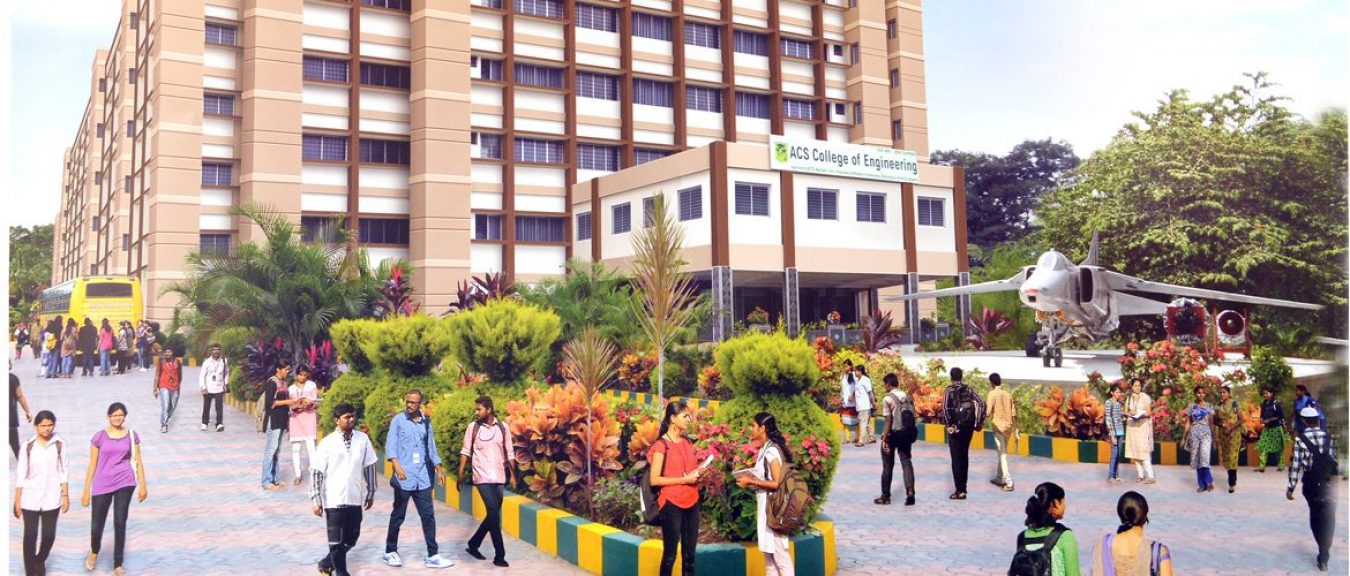In the dynamic landscape of global security, aerospace engineers in the armed forces find themselves at the forefront of innovation and strategic development. The future prospects for these professionals are both challenging and promising, as they navigate technological advancements, geopolitical shifts, and evolving threats. In this section, we explore the key future prospects and strategic imperatives that will shape the role of aerospace engineers in the armed forces worldwide.
Technologies And The Future Prospects And Strategies
Mentioned below are the few technologies used in the Indian armed forces along with the future prospects and strategies on how an aerospace engineer can contribute in the field.
Unmanned Aerial Systems (UAS) and Autonomous Technologies
- Prospects: The integration of Unmanned Aerial Systems (UAS) and autonomous technologies is poised to revolutionise military operations. Aerospace engineers will play a pivotal role in designing, developing, and optimising these systems for a range of applications, including surveillance, reconnaissance, and even combat.
- Strategic Imperatives: Aerospace engineers must focus on advancing artificial intelligence (AI) and machine learning algorithms to enhance the autonomy and decision-making capabilities of UAS. Additionally, ensuring the cybersecurity of these autonomous systems becomes a critical imperative to prevent unauthorised access and potential exploitation by adversaries.
Hypersonic Technologies
- Prospects: Hypersonic technologies, characterised by speeds exceeding Mach 5, present new possibilities for rapid and unpredictable military capabilities. Aerospace engineers will be instrumental in developing hypersonic missiles, aircraft, and space systems that can outpace existing defence mechanisms.
- Strategic Imperatives: To harness the potential of hypersonic technologies, aerospace engineers must address challenges related to materials, propulsion, and aerodynamics. The development of hypersonic defence systems to counter emerging threats also becomes imperative to maintain a strategic edge.
Space-Based Defense Systems
- Prospects: The militarization of space is an emerging frontier, and aerospace engineers will be crucial in the development and deployment of space-based defence systems. This includes satellite defence, anti-satellite technologies, and the integration of space assets into overall defence strategies.
- Strategic Imperatives: Engineers must focus on enhancing the resilience of space-based assets against potential attacks. Cybersecurity measures for space systems become critical, and international collaboration is imperative to establish norms and rules for responsible behaviour in space.
Electromagnetic Warfare and Directed Energy Weapons
- Prospects: The development of electromagnetic warfare capabilities and directed energy weapons presents new avenues for aerospace engineers. These technologies can disrupt or disable adversary systems without physical destruction, offering strategic advantages.
- Strategic Imperatives: Aerospace engineers must invest in the research and development of electromagnetic warfare technologies while addressing ethical and legal considerations. Additionally, countering the potential threats posed by these technologies becomes crucial for national security.
Cybersecurity in Aerospace Systems
- Prospects: With the increasing digitization of aerospace systems, the role of aerospace engineers in ensuring cybersecurity becomes paramount. Protection against cyber threats is essential to safeguard critical military infrastructure.
- Strategic Imperatives: Engineers must integrate robust cybersecurity measures into the design and development of aerospace systems. Continuous monitoring, threat intelligence, and proactive measures against cyber threats will be imperative to maintain the integrity and functionality of defence technologies.
Interdisciplinary Collaboration
- Prospects: The complexity of future defence technologies necessitates interdisciplinary collaboration. Aerospace engineers will need to work closely with experts in fields such as artificial intelligence, cybersecurity, materials science, and quantum computing.
- Strategic Imperatives: Establishing collaborative frameworks and fostering a culture of interdisciplinary innovation within the armed forces becomes imperative. Training programs should be designed to encourage cross-disciplinary knowledge and skills, enabling engineers to address multifaceted challenges effectively.
Environmental Sustainability
- Prospects: As the world focuses on sustainable practices, aerospace engineers will need to explore technologies that reduce the environmental impact of military operations. This includes developing fuel-efficient aircraft, minimising emissions, and exploring alternative propulsion systems.
- Strategic Imperatives: Engineers must prioritise research and development efforts aimed at environmentally sustainable aerospace technologies. Collaboration with environmental scientists and policymakers is crucial to align military capabilities with global sustainability goals.
Training and Skill Development:
- Prospects: The rapid evolution of technology requires aerospace engineers to continually update their skills. Future prospects include the development of training programs that keep engineers abreast of the latest advancements and methodologies.
- Strategic Imperatives: Armed forces must invest in continuous training and skill development programs for aerospace engineers. Partnerships with academic institutions, research organisations, and industry leaders can facilitate knowledge exchange and skill enhancement.
Conclusion
The future of aerospace engineers in the armed forces is characterised by innovation, challenges, and the need for strategic foresight. As technology continues to evolve at an unprecedented pace, aerospace engineers will be at the forefront of developing and implementing cutting-edge solutions. Strategic imperatives include staying adaptable, fostering interdisciplinary collaboration, addressing ethical considerations, and ensuring the sustainability of defence technologies. Through these endeavours, aerospace engineers will not only shape the future of military capabilities but also contribute to global security in an ever-changing world. For more information on the topic visit us at ACSCE.



